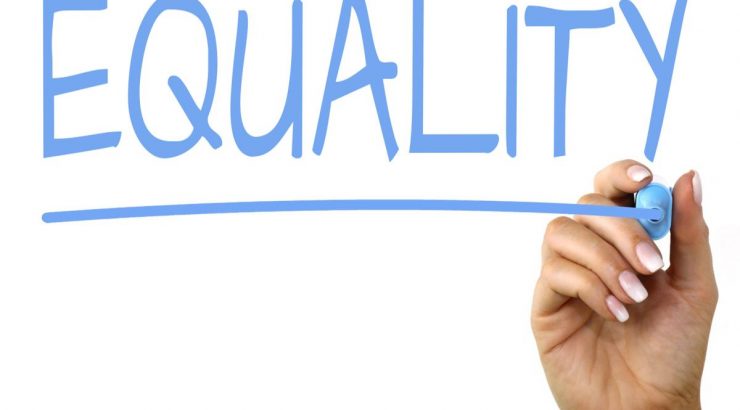
Combatting Disability Stereotypes, from TV to Books by, Sneha Kohli Mathur, M.A. BCBA
July 11, 2018
Television has begun to combat stigmatism and stereotypes related to people with disabilities. In the new comedy Speechless, the writers use humor to educate the general public about the experiences of people with disabilities as well as their families’ experiences. Interestingly, television is likely one of the primary sources of education on topics that one does not have to deal with directly. It is important to recognize what a profound impact a television show or movie can have on a person’s viewpoint regarding something like a disability. Speechless is also gaining great praise because it hired an actor who has Cerebral Palsy to play the role of a student with a disability. Hiring an actor with a disability is a monumental step because unfortunately actors with disabilities have not been given very many chances in the past. This leads me to wonder whether lowered expectations can lead to self-fulfilling prophecy for some people, and how higher expectations may encourage people to apply to more jobs. It is sad to think of all the talents society has missed out on because of collateral damage from stigmatization.
Speechless also did a great job in the first episode of showing how teachers and students at a school may be well intentioned in their attempts of inclusion, but the reality is often nonsensical. For example, the premise of someone running for class president simply because he has a disability. I think it really allowed the viewer to see how ridiculous this is, and that people with disabilities do not want pity or sympathy, but rather to be treated equally. On the other hand, I think it is important to acknowledge when people are trying to be inclusive. Perhaps providing more guidelines and trainings for schools and employers would benefit everyone involved.
Teaching acceptance and inclusion should begin when a child is young. After all, nobody is born knowing how and who to discriminate against or stigmatize. These are typically learned behaviors and perceptions. Parents, family members, teachers, friends, and even television shows have a huge impact on shaping children’s view points and subsequent actions. I was especially pleased with Disney Channel a few years ago because in one of their shows, Girl Meets World, they had an episode in which one of the characters discovers he might have Autism. This was a great way to introduce the topic of differences and inclusion, and children truly do pay attention to what they see on television. I look forward to seeing more television shows and movies that candidly address the topic of disabilities, as well as hire actors who have disabilities. What are some television shows that you think captured the realities of living with a disability?
Personal stories in books are also a great way to learn about the lived experiences of a person with a disability. One of my favorites is a book titled The Journal of Best Practices, by David Finch. In this book Finch describes his quest to save his deteriorating marriage. The reason I love this book is because Finch uses humor to describe his trials and tribulations, many of which he attributes to his Asperger’s Syndrome, and how he learns from them. Finch was diagnosed with Asperger’s Syndrome a few years into his marriage, and it was his wife who first did an informal questionnaire with him to determine if he might have Asperger’s Syndrome. Another reason that I love this book is because his wife happens to be a speech therapist! This book truly allows the reader to get a medical as well as social perspective. The book is a first hand account of Finch’s experiences and how he begins to understand himself better and learn how to fit into a “neurotypical world.” At the same time, Finch shares his wife’s insights as a speech therapist, and how her understanding of Asperger Syndrome helped her support him in the most suitable way possible. He shares the many ways in which she is supportive and encouraging through his journey of self-discovery, and also of the times when she gets frustrated because she tries to explain things to him in a way that he does not easily understand. Finch’s book takes the reader on his journey with him, and truly was a fun and informative book to read.
__________________________________________________________________________________________
Sneha Kohli Mathur is the Co-Founder and CEO of Spectrum Success, LLC. Her program at Spectrum Success strives to provide adolescents and adults on the Autism Spectrum a chance to secure employment that they are passionate about. She also works directly with employers and community colleges to create successful work and classroom environments for people of different backgrounds and abilities, and increase the level of acceptance and support in the community for these talented and deserving individuals. Sneha is a Board Certified Behavior Analyst (BCBA), she received her Masters degree in Psychology from New York University (NYU), her Bachelors degree in Psychology from the University of California, San Diego (UCSD), and is currently a student in Chapman University’s Ph.D. program of Education and Disability Studies.